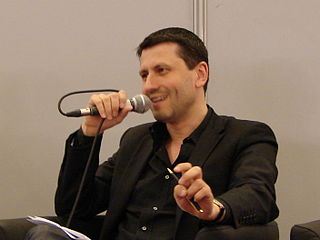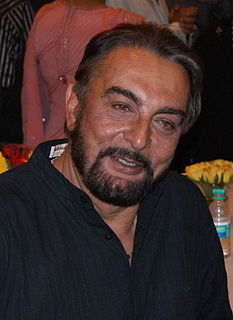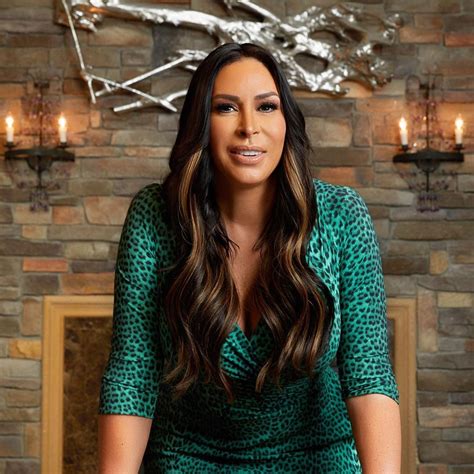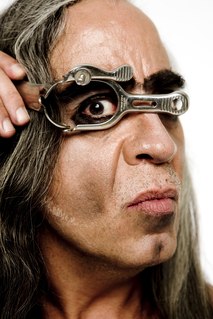A Quote by Julie Bishop
We are increasingly recognising and accepting, respecting and celebrating, our cultural diversity.
Quote Topics
Related Quotes
Creating harmony amidst diversity is a fundamental issue of the twenty-first century. While celebrating the unique characteristics of different peoples and cultures, we have to create solidarity on the level of our common humanity, our common life. Without such solidarity, there will be no future for the human race. Diversity should not beget conflict in the world, but richness.
The term Hispanic, coined by technomarketing experts and by the designers of political campaigns, homogenizes our cultural diversity (Chicanos, Cubans, and Puerto Ricans become indistinguishable), avoids our indigenous cultural heritage and links us directly with Spain. Worse yet, it possesses connotations of upward mobility and political obedience.

































